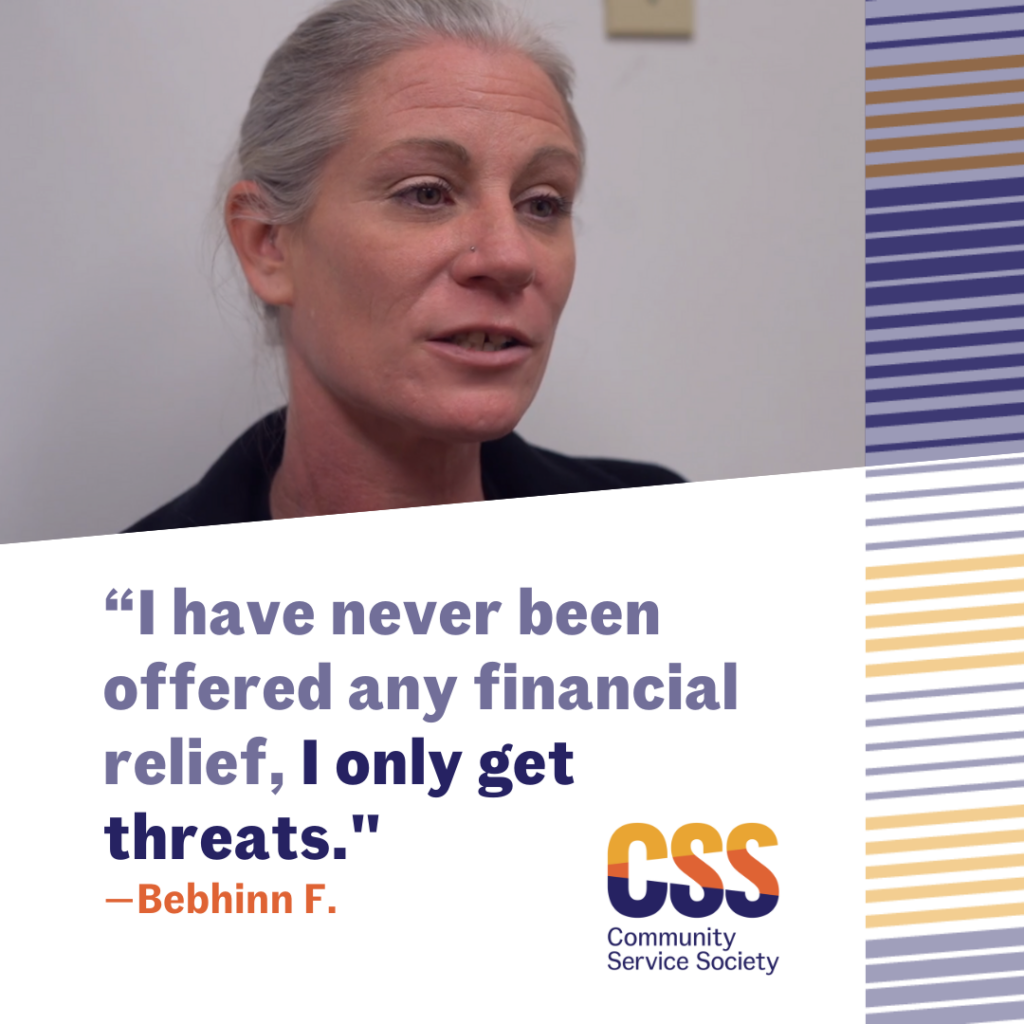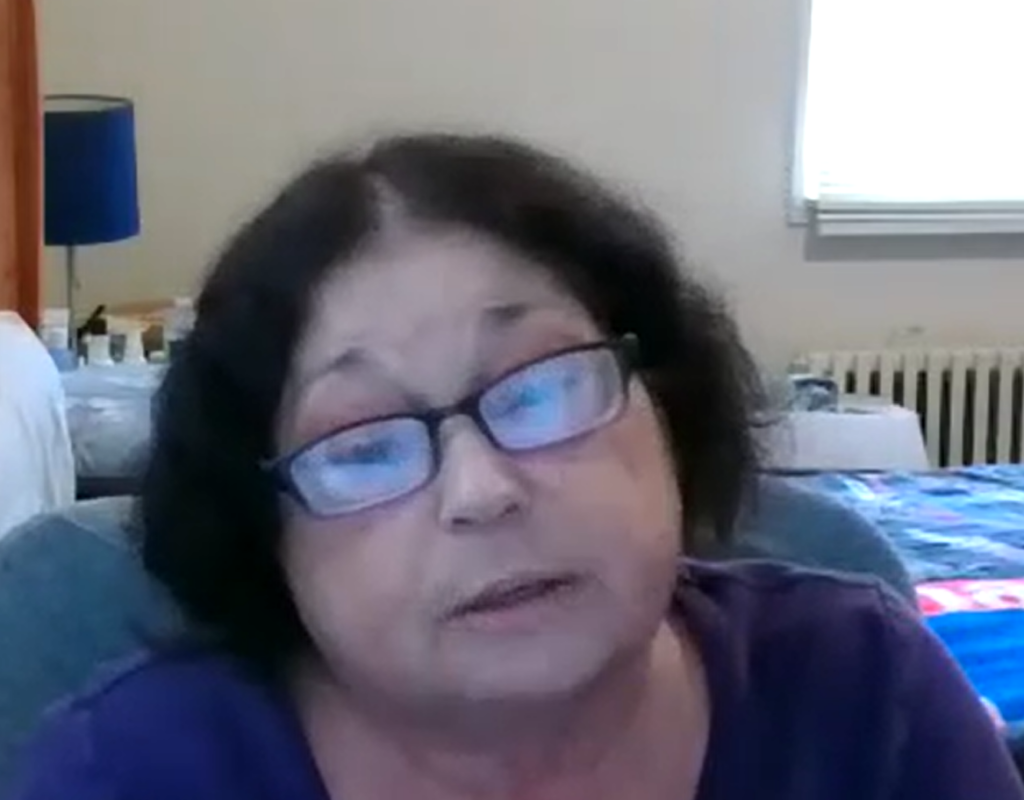Health Equity Impact Assessment Community Guide
Guest post by Faith Daniels, MPH
You deserve a say in health system transactions that impact your access to healthcare. In New York and many other states, hospitals must receive approval from state regulators (and sometimes from local zoning officials) like the New York State Department of Health, before they can make major changes, such as merging with other hospitals or with large health systems, eliminating services, relocating services, opening facilities or closing facilities entirely.
In New York and some other states, this approval process is called Certificate of Need (or CON), signifying that hospitals must demonstrate a need for the desired change or transaction proposed. We are excited to announce a major change to New York’s version of this process with the passing of the Health Equity Impact Assessment Act that has gone into effect as of June 2023. For the first time an independent assessment is required with each CON application to showcase the likely impact on people, like you, that will be directly impacted by the hospitals’ proposals (either add, reduce or eliminate services).
You have a right to express your thoughts and concerns in this process. This community guide goes over frequently asked questions regarding the Health Equity Impact Assessment Act. If you have any questions or want to understand how you can get involved in a concerning local health system transaction, please email, Faith Daniel, MPH, and/or Mark Hannay, Community Voices for Health System Accountability co-facilitators, fdaniel@communitycatalyst.org and Mark Hannay metrohealth@igc.org.
The NY Senate just passed the Fair Medical Debt Reporting Act (S4907A/A6275A), an important step toward protecting patients from the long-term consequences of medical debt.
This bill would prohibit medical debt from being collected by a consumer reporting agency or included in a consumer report. Now we need your help urging the NY Assembly to follow the Senate’s lead and pass the Fair Medical Debt Reporting Act (S4907A/A6275A).
One patient who shared his story with us, David S., had his credit score slashed in half due to medical debt. This means he can no longer buy trucks for his towing business, his main source of income.
David’s story is only one of many. We can’t allow this to keep happening — New Yorkers deserve better. Please take action with us today to protect patients!
After she rushed to a hospital-based urgent care facility with a painful tooth, Bebhinn was asked to pay $600 in fees and copays. Her Medicare did not cover dental, so she was denied care and sent to the emergency room where she waited for six hours to be seen.
After she got the care she needed, she was hit with a large ER bill. Instead of being offered financial assistance, Bebhinn now faces a barrage of calls from debt collectors.
In 2022, CSS found that New York’s nonprofit hospitals had sued more than 54,000 patients in just five years—many of whom should have been eligible for financial assistance. The analysis revealed that hospitals disproportionately sue patients who live in low-income zip codes or zip codes where the residents are mostly people of color.
The current HFAL requires all New York hospitals with funding from the State’s $1.1 billion Indigent Care Pool (ICP) to have a financial assistance application and policy. However, continued lawsuits and aggressive debt collection action against patients show that those eligible for financial assistance were not screened, were unable to complete the application process, or were improperly rejected.
New York’s health care landscape evolved significantly since HFAL was enacted in 2006, rendering the current law outdated and ineffective. For example, the current law only provides very modest discounts to patients with limited means (under 300 percent of the federal poverty level). By contrast, the Affordable Care Act offers financial assistance to people up to 600 percent of the federal poverty level. In addition, the HFAL requires that only the hospital, and not its providers, offer discounts to eligible patients. As private practices increasingly take over critical hospital functions like emergency rooms, uninsured patients increasingly receive undiscounted bills they are unable to pay.
A new brief by CSS, “An Ounce of Prevention: Reforming the Hospital Financial Assistance Law Could Save Pounds of Patient Debt,” outlines actionable steps to support low-income patients more effectively by updating HFAL. The authors of the brief recommend:
- Requiring a common financial assistance policy across all New York hospitals and providers;
- Aligning the current law with other health care programs by raising its eligibility level;
- Making discounts greater and easier to access; and
- Protecting patients from lawsuits and other aggressive collections actions while they are being screened for financial assistance.
The Ounce of Prevention Act (S1366/A6027), sponsored by State Senator Gustavo Rivera and Assemblymember Amy Paulin, would enact these critical reforms. If the law is passed, New York would follow the lead of several other states, including New Jersey and Illinois, which have recently enacted fairer financial assistance laws. Learn more about the Ounce of Prevention Act here.
Nancy Rodriguez, a 66-year-old Queens resident, struggles with a number of life-altering cardiopulmonary medical conditions. She works at a doctor’s office despite her disability, to supplement her modest Social Security benefits.
Nancy’s total income is about $30,000 a year, including Social Security — too much to qualify for ordinary Medicaid. Since 2017, she has used the Medicaid Buy-in Program for New Yorkers with Disabilities (MBI-WPD) to cover her medications, multiple specialist visits, and hospitalizations.
Still, Nancy has spent years mired in medical debt. In 2020, her medical bills totaled $500,000, including a 13-day hospitalization for COVID. In 2022 she owed $300,000 for a couple of hospitalizations and a surgery.
“For me to be without health insurance is not acceptable, not even for five minutes.”
Under current law, the MBI-WPD program is limited by income, assets, and age. In her FY2024 Executive Budget, Governor Hochul has proposed expanding the program, so that more New Yorkers with disabilities can work and still qualify for Medicaid coverage.
The Governor has proposed removing the age limit of 65, which Nancy says, “would be a godsend for me.” She does have Medicare, but she does not know how she would manage a Medicare Part B premium, a supplemental “Medigap,” and a drug plan which she figures could amount to $300 per month. “I don’t have that kind of money and I work as many hours as I can. It’s very frightening. I lose a lot of sleep over this.“
We look forward to the passage of New York State’s budget including the expansion of Medicaid Buy-in coverage so that people like Nancy will not have to lose sleep over medical bills and can continue to work. Nancy says, “I am very fortunate that I am able to work and I will continue to work as long as I can do it.”
Let’s keep Nancy working and with critical health coverage.


